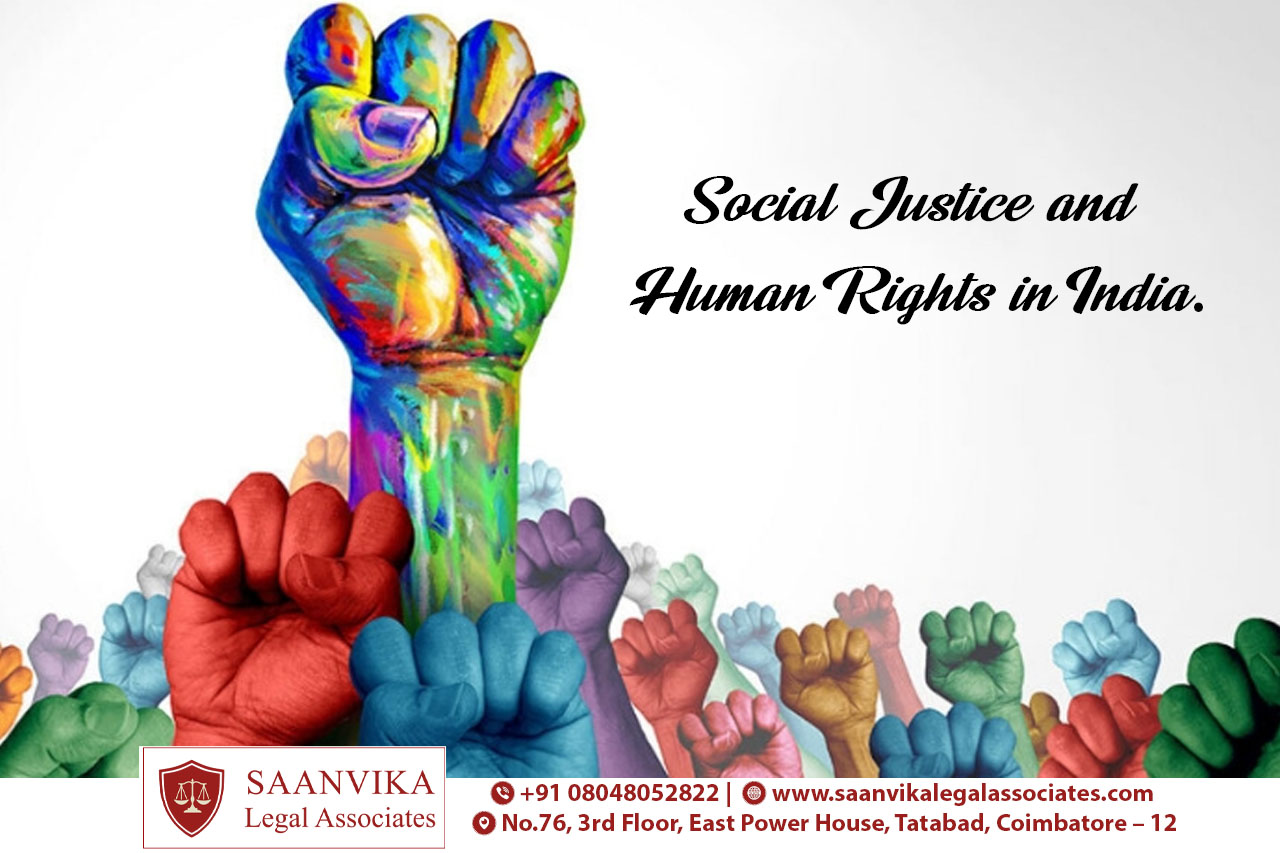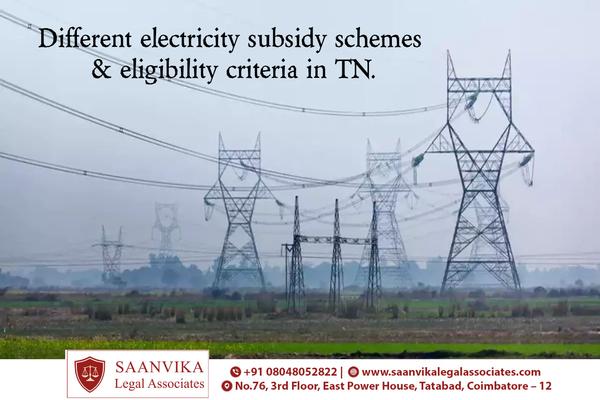

Social Justice/ Human rights/ Social Justice in India/ Human Right in India/ Best law firm in Coimbatore/ Best advocates in Coimbatore/Best law service in Coimbatore/ Best legal consultation in Coimbatore/ Best legal services in Coimbatore/ Best lawyers in Coimbatore/ Online legal consultation. Social justice and human rights are fundamental principles that aim to ensure fairness, equality, and dignity for all individuals within a society, including those in India. Here's a breakdown of what social justice and human rights mean in the context of India: Social Justice in India: Equality and Non-Discrimination: Social justice in India emphasizes the principle of equal treatment and non-discrimination based on caste, gender, religion, race, or social status. It seeks to bridge historical gaps and promote equal opportunities for all citizens. Reservation Policies: To address historical inequalities, India has implemented affirmative action policies, known as reservations, in education, employment, and political representation for Scheduled Castes (SC), Scheduled Tribes (ST), and Other Backward Classes (OBC). These policies aim to uplift marginalized communities. Empowerment of Marginalized Communities: Social justice initiatives in India focus on the empowerment of Dalits (Scheduled Castes), Adivasis (Scheduled Tribes), women, religious minorities, and economically disadvantaged groups. Efforts include providing education, healthcare, and economic opportunities to these communities. Land Reforms: Land reforms have been an essential component of social justice in India, aiming to provide land to landless farmers and agricultural laborers, especially those from marginalized communities. Gender Equality: Social justice initiatives in India also address gender disparities, promoting women's rights, education, healthcare, and opportunities for economic and political participation. Human Rights in India: Constitutional Rights: The Indian Constitution guarantees several fundamental rights to its citizens, including the right to equality, freedom of speech and expression, right to life and personal liberty, and protection from discrimination. Right to Education: The Right to Education Act ensures free and compulsory education for all children aged 6 to 14, promoting universal education as a fundamental right. Right to Work: Programs like the Mahatma Gandhi National Rural Employment Guarantee Act (MGNREGA) provide the right to work and ensure employment opportunities for rural households. Rights of Minorities: India recognizes the rights of religious and cultural minorities, aiming to protect their distinct identity, traditions, and practices. Legal Protections Against Discrimination: Various laws and legal provisions are in place to protect individuals from discrimination based on caste, religion, gender, and other factors. Human Rights Organizations: There are numerous human rights organizations and activists in India working to raise awareness, provide legal aid, and advocate for the protection of human rights across various issues. We at Saanvika Legal Associates offer various legal services such as Trust deeds, Financial law, Insurance law, and other laws including Environment, Consumer, Property, Banking, Tax, Cyber Constitutions, Labor, Civil, Criminal, Family, Property, registration, Getting docs, and so on. Also, you can consult all aspects related to Legal notice, documentation, Legal registration, Property organization, forming companies, Family legal consultation, Civil and Criminal legal consultants, and Litigation of finance and property.
Keywords
Subscribe for latest offers & updates
We hate spam too.


